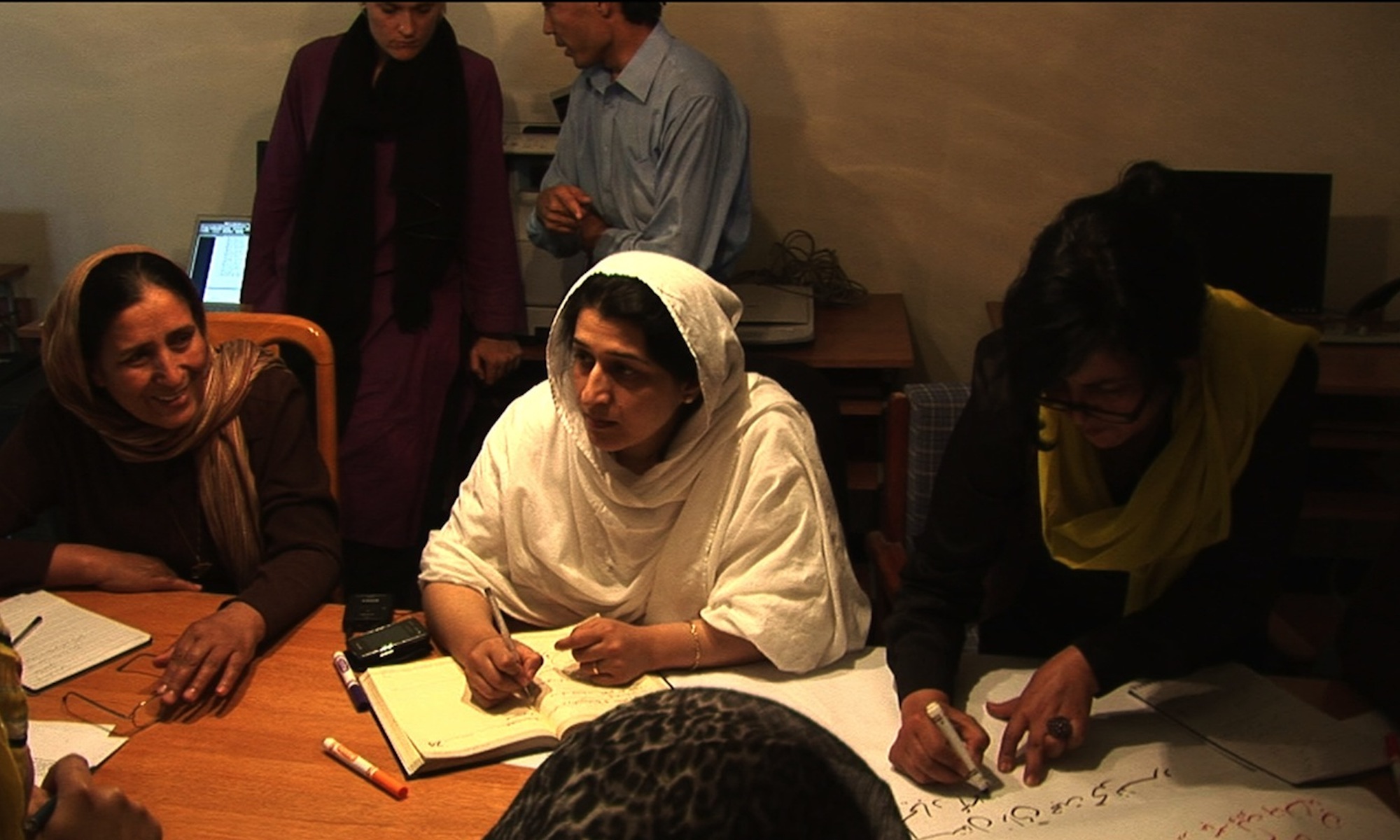Gender has been marginalized in security sector reform (SSR). Policy has changed in recent years, but the gap between policy and practice remains significant. This article examines gender and SSR, critiques some of the current debate on gender in SSR, outlines the challenges of adopting a gender-sensitive SSR approach and discusses the issue of gender-based violence and justice reform. The article concludes that there is a need to refocus gender in SSR discourse. Gender should be treated within the broader SSR context to avoid the separation of gender from other matters in SSR. Gender is not only about women and essentialist assumptions are not useful to the discourse. There is also a critical need to expand the focus on representation to gender mainstreaming and context sensitivity, and to avoid template models for SSR.
Security Sector Reform and the UN Mission in the Democratic Republic of Congo: Protecting Civilians in the East
The Democratic Republic of Congo has been plagued by continued conflict and violence in the East despite the official ending of the war. And civilians have borne the brunt of this conflict. Security sector reform (SSR) is a critical element in ensuring security, stability and sustainable peace. This article examines security sector reform conducted by the UN Mission in Congo, and also refers to other actors involved in the process, focusing primarily on the East where insecurity is prevalent due to the non-integrated Congolese forces, the Armed Forces of the DRC, other armed groups and foreign, mainly Rwandan, troops. It contends that SSR is vital to protect civilians and that thus far MONUC has not fulfilled its mandate of protection.
Law-Enforcement: Creating and Maintaining a Police Service in a Post-Conflict Society – Problems and Pitfalls
The police service of East Timor, Policia Nacional de Timor-Leste (PNTL), was formally established on 10 August 2001 by UNTAET Regulation 2001/22. It was initially know as East Timor Police Service (ETPS), later this was changed to Timor- Leste Police Service (TLPS), it is now referred to as PNTL, which is what will be used throughout this paper. The creation of the police service came about as a result of Indonesia?s withdrawal from East Timor in 1999, after 24 years of occupation after a ballot where 78.5% voted for independence. Up until that time East Timor had been policed by a foreign state. It had never had its own separate police force.
